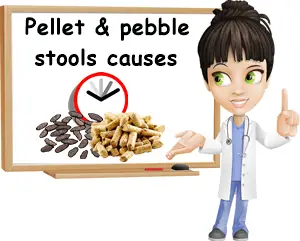Types Of Constipation In Adults. Constipation is generally described as having fewer than three bowel movements a week. Learn How To Talk To Your Doctor About Your Symptoms.

Primary constipation is also referred to as functional constipation.
Chronic constipation can be painful, and it may indicate an underlying health.
Drink plenty of liquids to help the fiber work better. For others, however, constipation means hard stools, difficulty passing stools (straining), or a sense of incomplete emptying after a bowel movement. Diagnosis, assessment and management of constipation in advanced cancer: ESMO Clinical Practice Guidelines. Symptoms include constipation, abdominal cramps, bloating and occasional diarrhea. The condition affects twice as many women as men and is also more common in older adults and during pregnancy. However, IBS patients experience a lot more abdominal pain and discomfort.
You Could Save Money On Your Prescription, Read Eligibility Criteria To Find Out More. Basically, there are two types of fiber: soluble and insoluble. Medicines that treat constipation are called laxatives and there are many different types, such as: Bulk-forming laxatives (such as fibers or psyllium). Learn About A Potential Treatment Option And Download A Doctor Discussion Guide Today. Occasionally, long-term constipation develops into fecal impaction, which is a blocked colon from a mass of stool that can't be moved by colon contractions. Types of Constipation Among the Elderly Normal transit constipation: The most common type, in which the stool passes at a normal rate, but patients have trouble evacuating the stool.
Taken orally, these laxatives help with constipation by increasing the moisture content in the stool, helping to soften it and make it easier to pass a bowel movement. Damage to the nerves controlling the digestive tract can lead to constipation, diarrhea. Explore Mayo Clinic studies testing new treatments, interventions and tests as a means to prevent, detect, treat or manage this disease.






